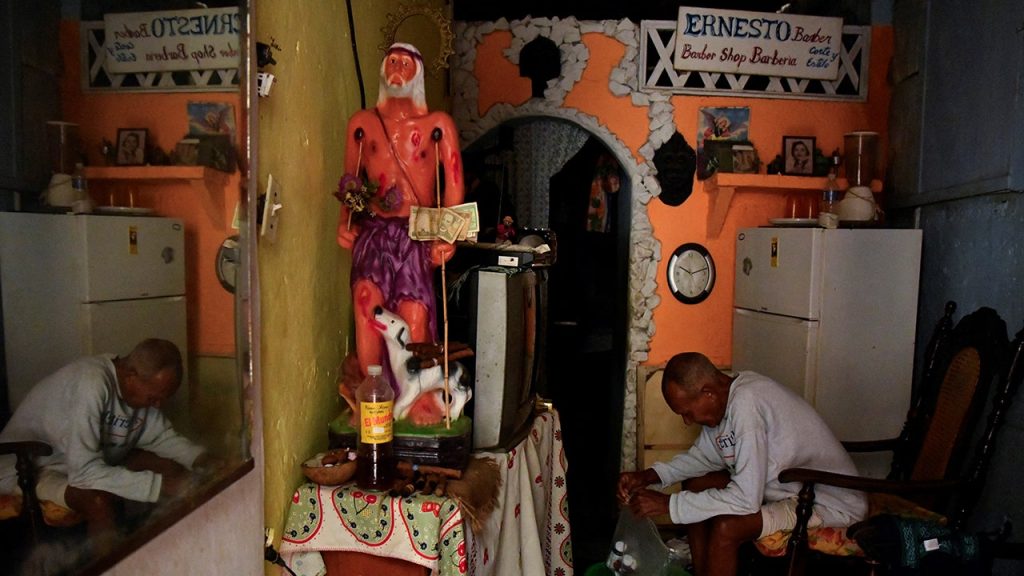Cuba experienced a second major collapse of its national electrical grid within 24 hours, leaving millions without power. The top electricity official in the country, Lazaro Guerra, stated that technicians were working to reconnect three important power plants to the system in order to restore electricity. While Guerra said that progress was being made, he could not guarantee that the system would be completely restored that day, leading to confusion over the extent of the collapse. The initial failure on Friday was due to the shutdown of one of the island’s largest power plants, creating widespread power outages.
Prior to the collapse, Cuba had already been experiencing significant electricity shortages, leading the government to send non-essential state workers home and cancel school classes to conserve fuel for generation. The ensuing blackouts, lasting for 10 to 20 hours a day, were attributed to deteriorating infrastructure, fuel shortages, rising demand, and complications from strong winds caused by Hurricane Milton. Critical fuel supplies from key suppliers like Venezuela, Russia, and Mexico had decreased significantly, forcing Cuba to search for more expensive oil on the spot market. Venezuela, a key ally, reduced subsidized fuel deliveries to Cuba by half, adding to the country’s struggles.
Cuban officials have also cited the U.S. trade embargo and sanctions imposed by the Trump administration as contributing factors to the ongoing difficulties in acquiring fuel and spare parts. The U.S. denied any involvement in the grid collapse in Cuba, further complicating the situation. Despite these challenges, Cuba’s government is working to reestablish electrical service across the island. Some progress was made with power beginning to return to certain areas, offering hope that full restoration was imminent. The efforts to connect the three important power plants to the system were underway, though the timeline for completion was uncertain.
The power outages and grid failures in Cuba have had a significant impact on daily life, with millions of residents being left in the dark. The disruptions have forced the government to take drastic measures, such as sending workers home and cancelling classes, in an attempt to conserve fuel and manage the crisis. The blackouts have highlighted the vulnerabilities in Cuba’s electrical infrastructure and the challenges the country faces in securing reliable energy sources. The situation has brought attention to the country’s reliance on external suppliers and the need for long-term solutions to prevent such widespread outages in the future.


